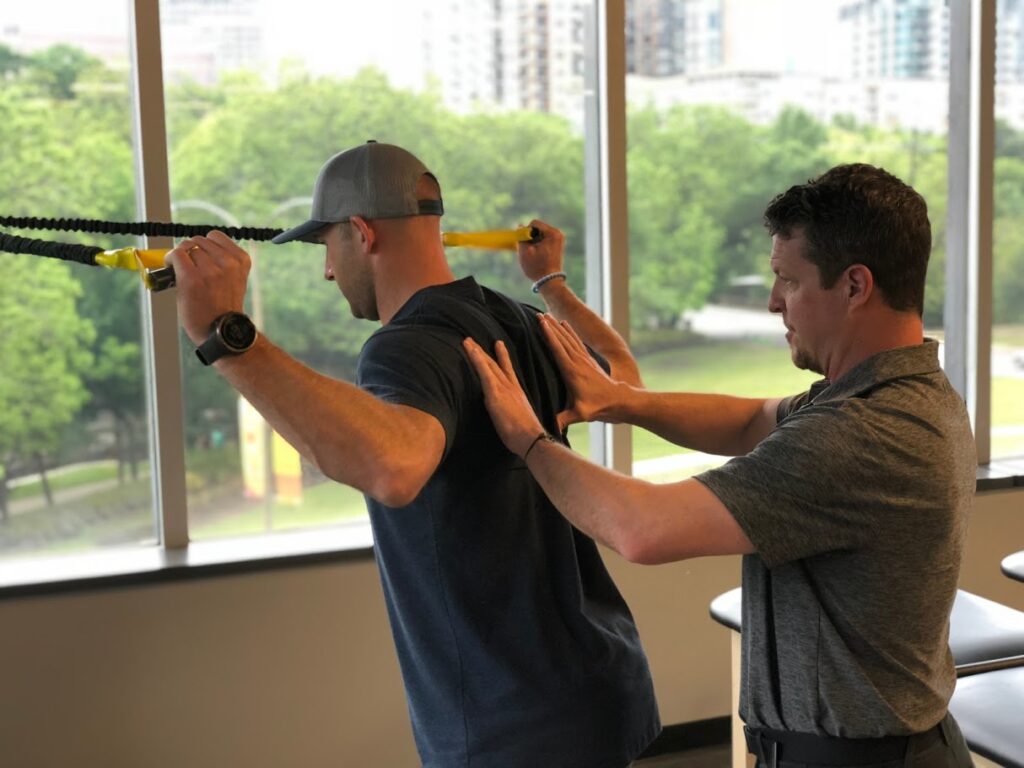IFPA Adapted Physical Education and Sports Conditioning Specialist Certification Review (2025)
Read this IFPA Adapted Physical Education and Sports Conditioning Specialist Certification Review to decide if the IFPA Adapted Physical Education and Sports Conditioning Specialist Certification is worth it and what the best personal training certification is for you.

The IFPA Adapted Physical Education and Sports Conditioning Specialist Certification is a credential that holds immense value in the field of fitness and wellness. This comprehensive IFPA certification review aims to provide an in-depth understanding of the certification, its requirements, content covered, preparation strategies, career opportunities, and the importance of maintaining and renewing the IFPA certification.
Discover the benefits of the IFPA Adapted Physical Education and Sports Conditioning Specialist Certification in this comprehensive review. Whether you want to learn how to become a personal trainer, or learn how to become a fitness influencer, or learn how to open a gym, or learn how to start a fitness business, or anything in between, use the Exercise.com platform to accomplish your fitness business goals.

You can start an online personal training business, make a fitness app, learn how to make money selling workout plans online, put in-person personal training marketing ideas into action, use personal training income ideas to find personal trainer career options that will put you on track for the highest paying fitness jobs, and many other ways to make money from fitness doing what you love.
With the Exercise.com platform you have the best online fitness coaching software and the best software for fitness influencers all in one! (Not to mention the best gym software and the best personal training software).
Create workout plans.
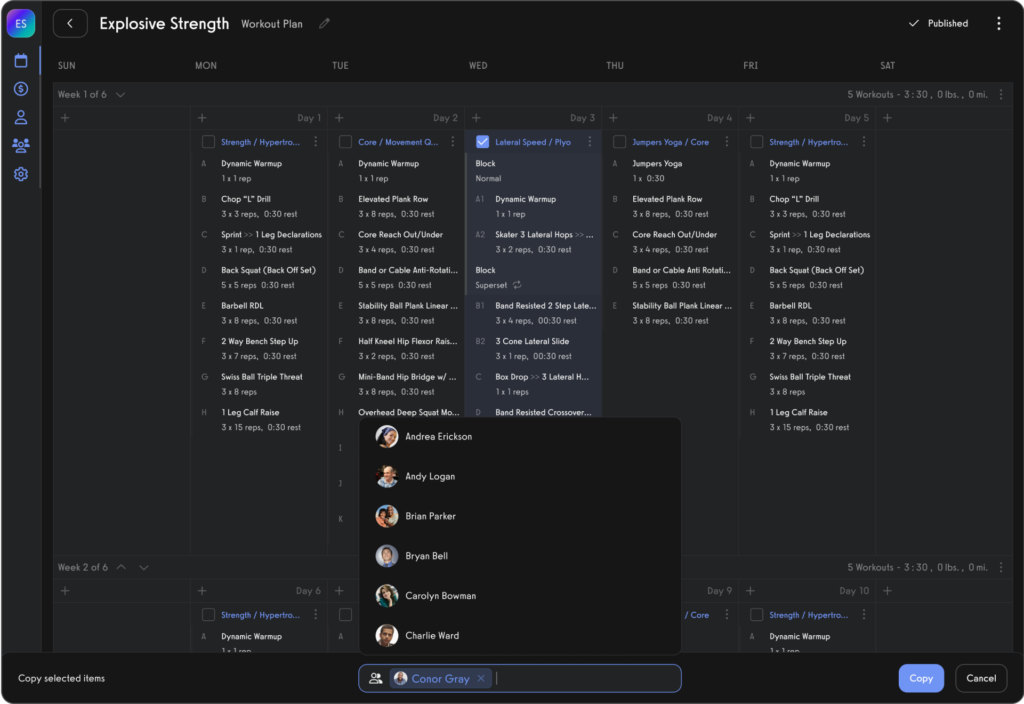
Manage clients.
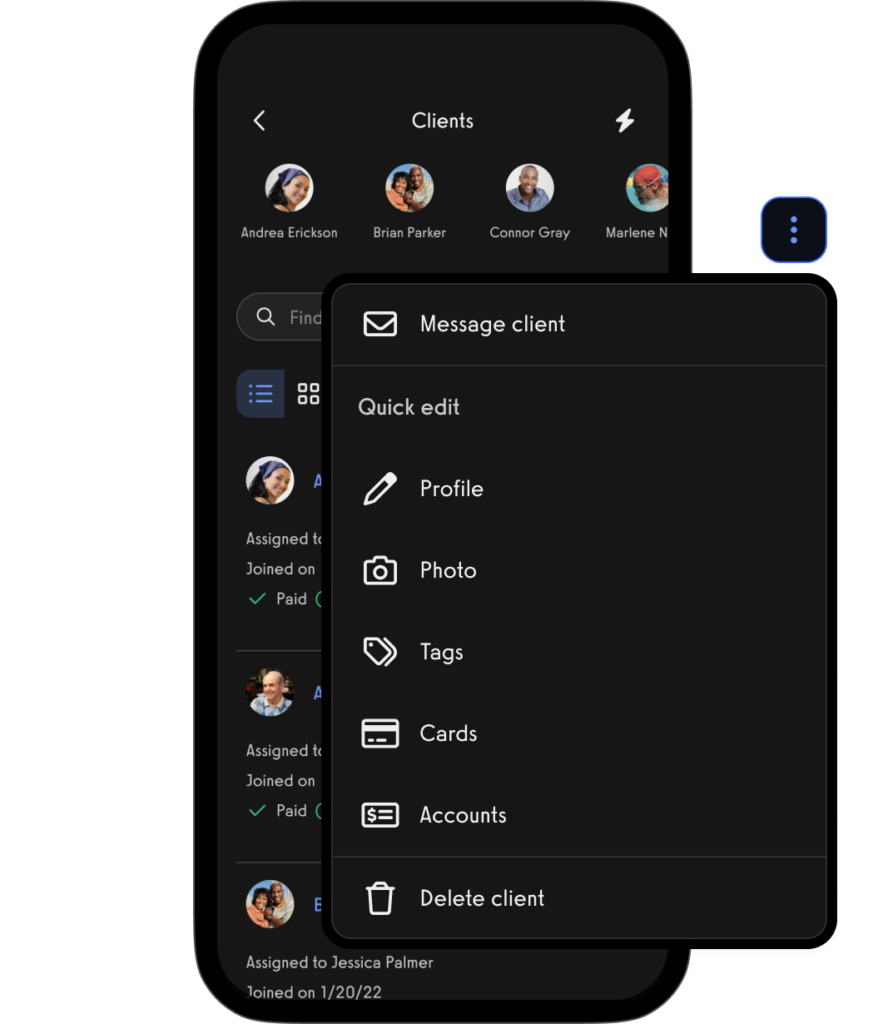
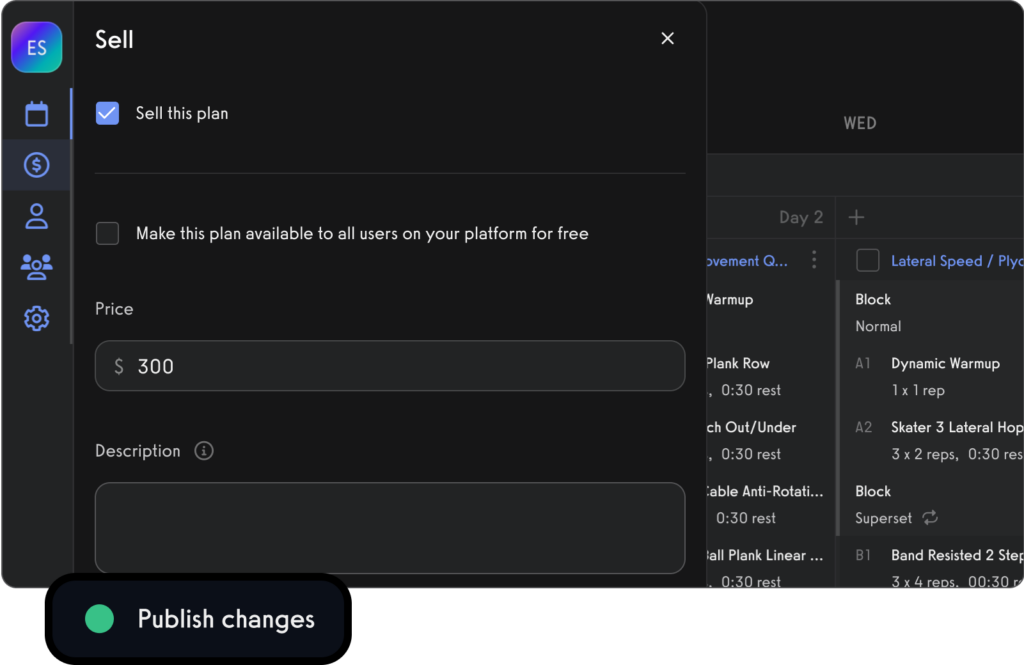
Run online fitness challenges.
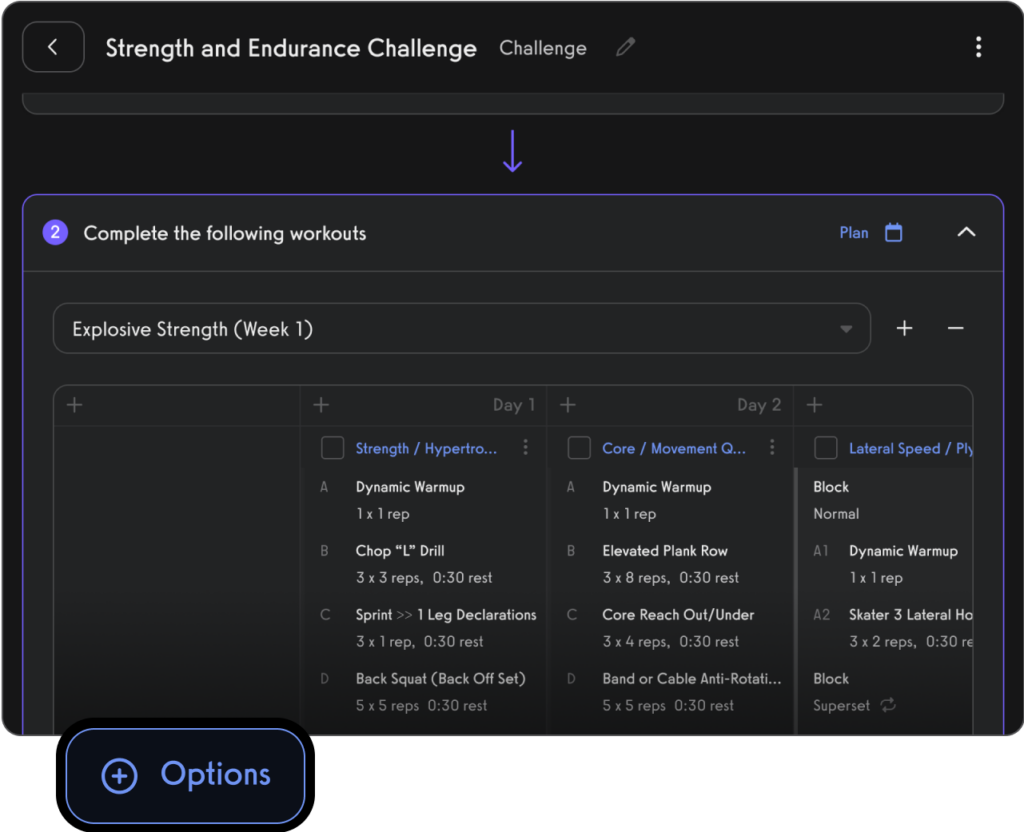
Create and sell fitness memberships, products, and digital offers.
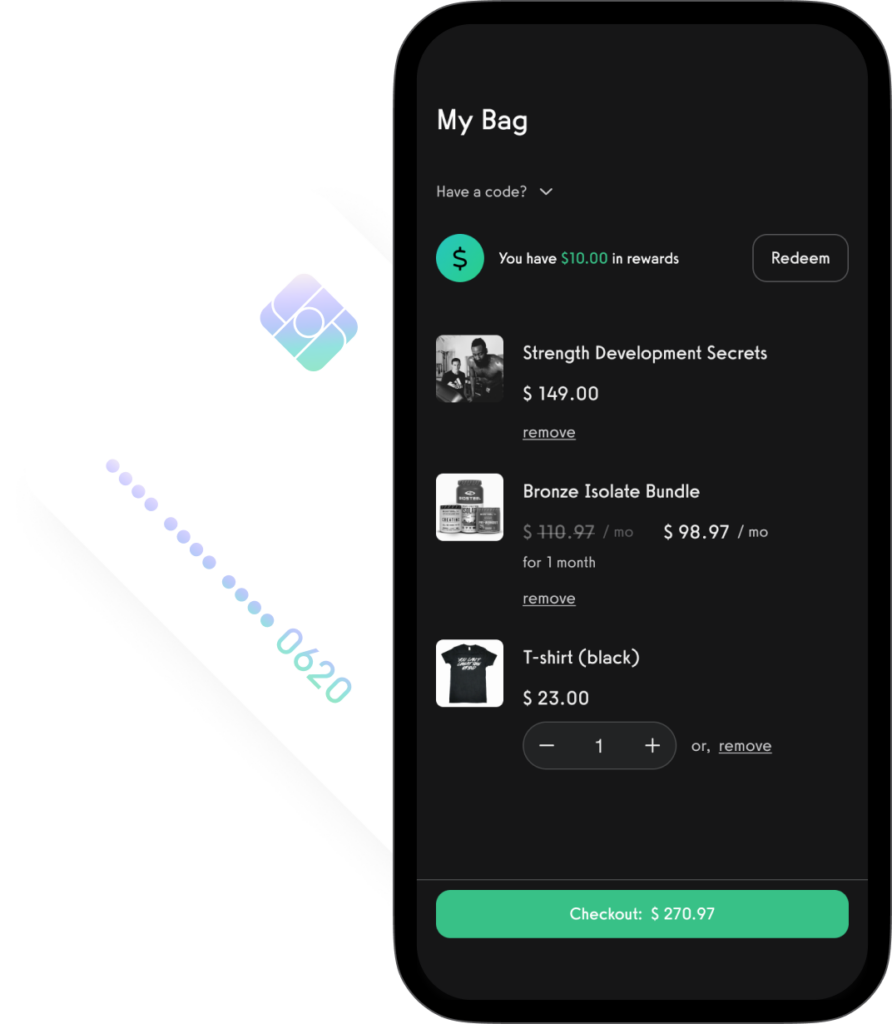
Manage, message, and market to your online personal training clients and leads.
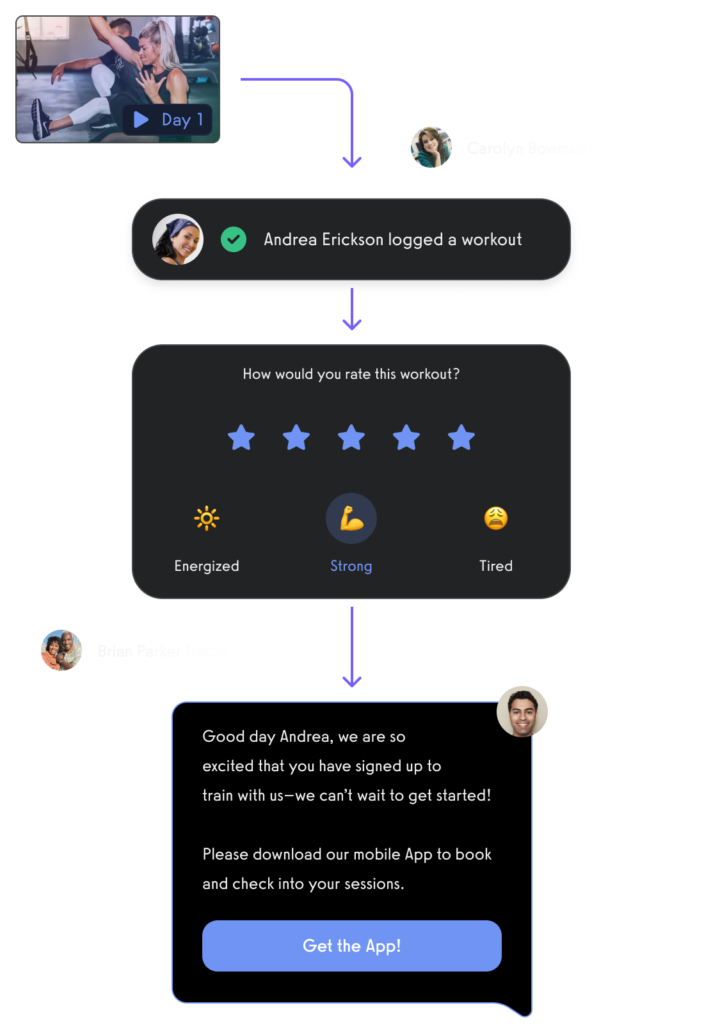
All from your very own custom branded fitness apps.
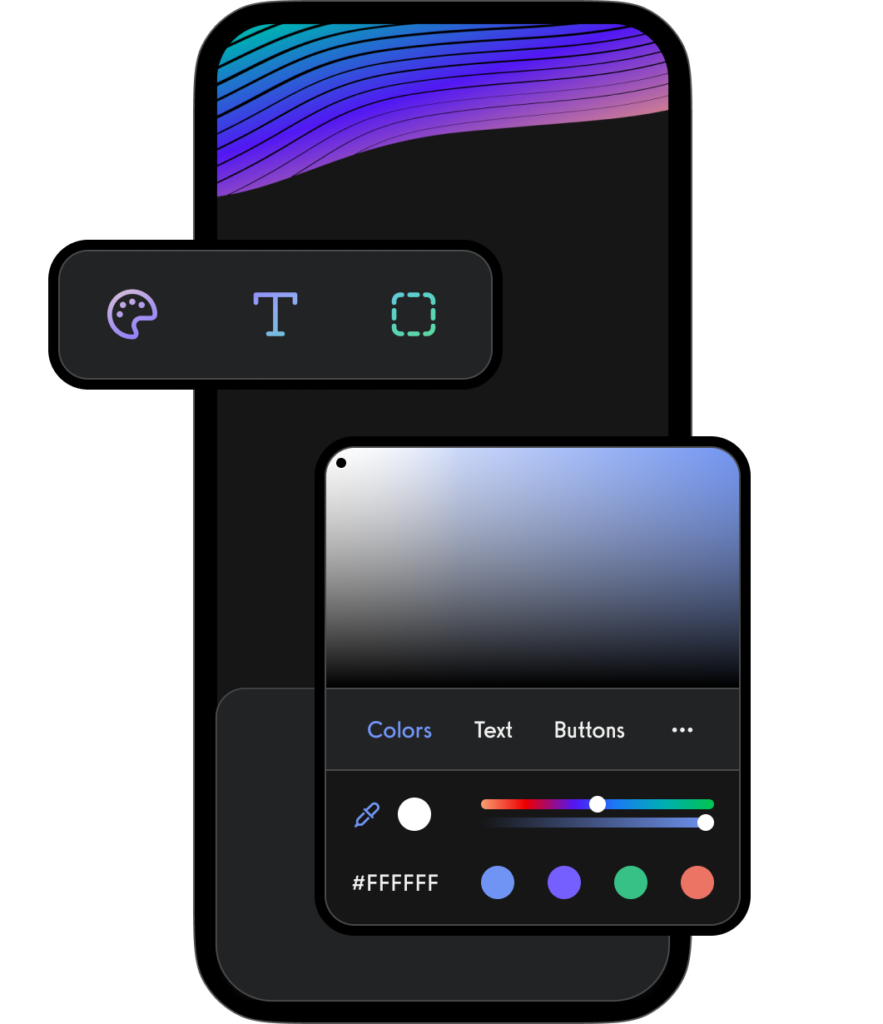
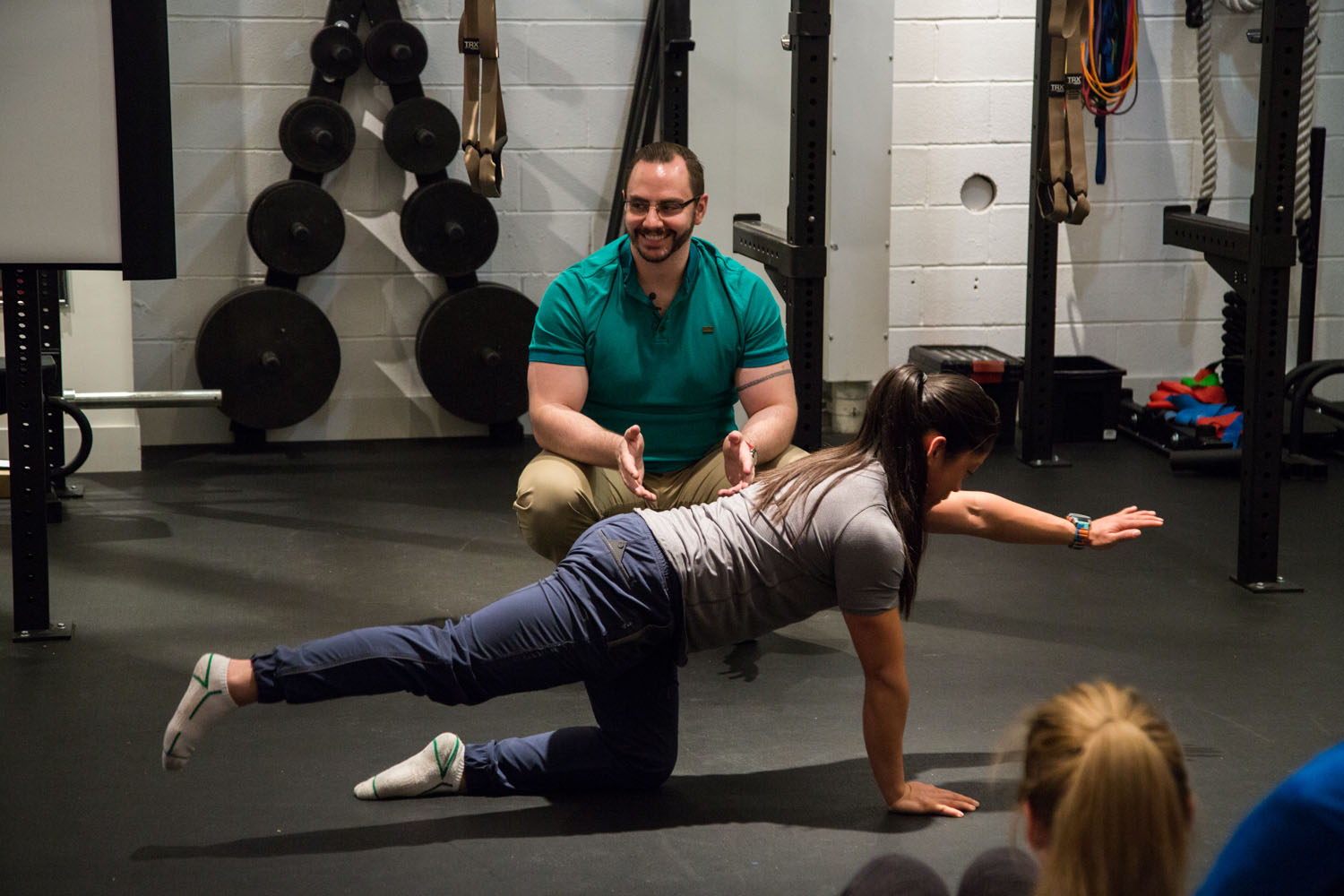
Overview of the IFPA Adapted Physical Education and Sports Conditioning Specialist Certification
The International Fitness Professionals Association (IFPA) is a globally recognized organization that offers a wide range of certifications for fitness professionals. With a commitment to providing high-quality education and training, the IFPA equips fitness enthusiasts with the knowledge and skills necessary to excel in their respective fields.
The IFPA Adapted Physical Education and Sports Conditioning Specialist Certification is a specialized program designed to equip fitness professionals with the skills and knowledge necessary to work with individuals who have physical, cognitive, or emotional disabilities. This certification, offered by the International Fitness Professionals Association (IFPA), focuses on creating inclusive fitness and sports environments that cater to the diverse needs of all clients, ensuring safe, effective, and adaptive training methodologies.
- Ideal for personal trainers, coaches, and physical educators seeking to broaden their expertise in adaptive fitness and sports training.
- The curriculum covers a wide range of topics, including adaptive physical education principles, disability-specific training techniques, and inclusive sports conditioning strategies.
- The certification process includes comprehensive study materials, practical workshops, and a detailed examination, designed to ensure a deep understanding of adapted fitness and sports conditioning.
- Graduates of this program are well-prepared to design and implement fitness and sports programs that enhance participation, performance, and quality of life for individuals with disabilities.
IFPA Credibility and Reputation
The IFPA is known for its commitment to high-quality, evidence-based fitness education and certifications. The Adapted Physical Education and Sports Conditioning Specialist Certification is supported by IFPA’s strong reputation, ensuring that certified professionals are recognized as knowledgeable and skilled in the field of adaptive fitness.
- Renowned for its rigorous educational standards and dedication to inclusivity in fitness and sports.
- The certification is respected across various settings, including fitness centers, rehabilitation facilities, and community programs, enhancing professional opportunities for certified specialists.
- IFPA provides ongoing support to certified professionals, including access to further education and a network of experts in adaptive fitness, promoting a culture of continuous learning and excellence.
Achieving the IFPA Adapted Physical Education and Sports Conditioning Specialist Certification signifies a professional’s commitment to inclusivity and excellence in fitness and sports, enhancing their credibility and impact in working with diverse populations.
IFPA vs Other Top Adapted Physical Education and Sports Conditioning Certifications
When evaluating the IFPA Adapted Physical Education and Sports Conditioning Specialist Certification against other leading programs in the field, it’s important to consider the curriculum’s comprehensiveness, specialization options, and industry recognition:
- IFPA Adapted Physical Education and Sports Conditioning Specialist: Offers an extensive curriculum that combines theoretical knowledge with practical application, preparing specialists to work effectively with individuals with disabilities in various fitness and sports settings.
- ACSM Certified Inclusive Fitness Trainer: Focuses on exercise programming and facility accessibility for individuals with physical, sensory, or cognitive disabilities, emphasizing a fitness-oriented approach.
- NCHPAD Certified Inclusive Fitness Trainer: Concentrates on creating inclusive fitness environments and programs for people with disabilities, with a strong emphasis on community health and wellness.
- IFPA’s certification stands out for its holistic approach, addressing both physical education and sports conditioning within the context of adaptive fitness, providing a broad base of knowledge and skills.
- Certified specialists gain access to IFPA’s resources and continuing education opportunities, ensuring they remain current with best practices and innovations in adaptive fitness and sports conditioning.
- The certification equips professionals to deliver adaptive and inclusive training programs that meet the unique needs and goals of individuals with disabilities, fostering participation, performance, and well-being.
Selecting the right certification depends on your career goals, preferred focus area, and the specific needs of the populations you intend to serve. IFPA’s certification offers a comprehensive and versatile approach, making it an excellent choice for those looking to make a significant impact in adaptive physical education and sports conditioning.
Incorporating adaptive fitness and sports conditioning services with the best personal training software can significantly enhance a specialist’s ability to manage client programs, monitor progress, and ensure effective communication, providing a high-quality and personalized training experience for individuals with disabilities.
IFPA Cost
Pursuing the IFPA Adapted Physical Education and Sports Conditioning Specialist Certification requires a financial investment that reflects the specialized nature of the training and the professional value it provides. The cost includes access to in-depth coursework, interactive learning experiences, and the certification examination.
- The program fee covers comprehensive training materials designed to provide a deep understanding of adaptive physical education and sports conditioning principles and practices.
- Early registration discounts and package deals with other IFPA certifications or workshops may be available, enhancing the overall value of the investment.
- The specialized skills and knowledge gained can lead to new opportunities for career growth and increased income potential in the expanding field of adaptive fitness and sports conditioning.
While the cost may be a consideration, the professional development and advanced specialization offered by the IFPA Adapted Physical Education and Sports Conditioning Specialist Certification make it a valuable asset for fitness and health professionals committed to inclusivity and excellence in their practice.
IFPA Adapted Physical Education and Sports Conditioning Specialist Exam Content
The IFPA Adapted Physical Education and Sports Conditioning Specialist Certification exam is meticulously designed to assess a candidate’s comprehensive understanding of adapted physical education, disability-specific training techniques, and inclusive sports conditioning strategies. This exam ensures that trainers are fully prepared to work with individuals with disabilities, offering:
Adapted Physical Education Principles
- In-depth knowledge of the principles and best practices in adapted physical education, focusing on inclusivity and individualized program design.
- Understanding of various disabilities and their implications for physical activity and sports participation.
Disability-Specific Training Techniques
- Proficiency in developing and implementing training programs tailored to the specific needs of individuals with a wide range of physical, cognitive, and emotional disabilities.
- Skills in modifying exercises and activities to ensure they are accessible, safe, and effective for all participants.
Inclusive Sports Conditioning
- Expertise in designing sports conditioning programs that are inclusive of individuals with disabilities, enhancing athletic performance and participation in sports.
- Strategies for fostering an inclusive environment in sports and physical activity settings, promoting social inclusion and teamwork.
Successfully passing the certification exam demonstrates a fitness professional’s dedication and competency in adaptive physical education and sports conditioning, equipping them with the credentials to offer specialized programs that support the participation and performance of individuals with disabilities.
IFPA Adapted Physical Education and Sports Conditioning Specialist Continuing Education and Recertification
To maintain the IFPA Adapted Physical Education and Sports Conditioning Specialist Certification, certified professionals are required to engage in ongoing learning and professional development. This commitment ensures that specialists remain at the forefront of adaptive fitness and sports conditioning, providing the highest quality service to their clients:
- Continuing Education Units (CEUs): Certified specialists must complete a specified number of CEUs focused on adaptive physical education, sports conditioning, or related topics within each recertification cycle.
- Advanced Learning Opportunities: IFPA offers a range of advanced courses, workshops, and conferences that allow specialists to deepen their expertise in adaptive fitness and explore new developments in the field.
- Professional Growth: Recertification and continuing education demonstrate a specialist’s dedication to their professional development and to providing the most effective, inclusive, and adaptive fitness and sports conditioning services.
Engaging in continuous professional development is essential for specialists in adapted physical education and sports conditioning to enhance their skills, adapt to new research and methodologies, and uphold the highest standards of practice in promoting fitness and sports participation among individuals with disabilities.
Other IFPA Offerings
In addition to the Adapted Physical Education and Sports Conditioning Specialist Certification, IFPA offers a diverse range of fitness certifications and workshops that can complement a specialist’s expertise:
- Specialty Certifications: Including areas such as senior fitness, youth fitness, and functional training, allowing specialists to cater to a wide range of client needs and interests.
- Health and Wellness Certifications: Such as the Wellness Coach Certification or Nutrition Coach Certification, providing trainers with a broader perspective on holistic health and wellness to support their adaptive fitness programs.
- Continuing Education Courses: Covering various topics from the latest training techniques to inclusivity in fitness, supporting specialists in their ongoing professional growth and development.
Exploring additional certifications and courses can enrich a specialist’s practice in adapted physical education and sports conditioning, offering a comprehensive and multifaceted approach to fitness and wellness that addresses the diverse needs and goals of their clientele.
IFPA Adapted Physical Education and Sports Conditioning Specialist Certification Overall Rating
The IFPA Adapted Physical Education and Sports Conditioning Specialist Certification is a highly regarded program for fitness professionals dedicated to inclusivity and excellence in fitness and sports. It offers an extensive exploration of adapted physical education principles, disability-specific training techniques, and inclusive sports conditioning strategies, preparing specialists to deliver high-quality, adaptive fitness and sports programs.
Pros
- Comprehensive training in adapted physical education and sports conditioning enhances specialists’ ability to provide inclusive and effective programs for individuals with disabilities.
- The credibility of an IFPA certification enhances professional opportunities and recognition within the fitness and wellness industries, setting certified specialists apart as leaders in adaptive fitness.
- Access to ongoing educational resources and a supportive professional community fosters continuous learning and career development, ensuring specialists remain knowledgeable and effective in their practice.
Cons
- The certification requires a significant investment of time and financial resources, but the specialized expertise and professional benefits gained justify the cost and contribute to a specialist’s growth and success in the field.
- The focused nature of adaptive fitness may necessitate additional certifications or specializations to address the broadest range of client needs and preferences effectively.
Overall, the IFPA Adapted Physical Education and Sports Conditioning Specialist Certification is highly recommended for fitness professionals seeking to specialize in adaptive fitness. It provides the advanced knowledge, skills, and credentials necessary to design and implement inclusive fitness and sports programs, enhancing participation, performance, and quality of life for individuals with disabilities.
Integrating adaptive fitness and sports conditioning services with the best personal training software can further enhance a specialist’s ability to manage client programs, track progress, and communicate effectively, ensuring a high-quality and personalized training experience for individuals with disabilities.
Importance of Adapted Physical Education and Sports Conditioning
Adapted physical education and sports conditioning play a vital role in promoting inclusivity and providing individuals with disabilities the opportunity to engage in physical activities. These specialties focus on tailoring exercises and programs to meet the unique needs and abilities of individuals with disabilities, ensuring that they can benefit from physical exercise in a safe and effective manner.
Adapted physical education is a specialized field that requires a deep understanding of various disabilities and their impact on physical performance. By incorporating adaptive equipment and modifying exercises, adapted physical education professionals create an environment where individuals with disabilities can participate fully and experience the numerous benefits of physical activity.
Sports conditioning, on the other hand, focuses on enhancing athletic performance and preventing injuries through specialized training programs. For individuals with disabilities, sports conditioning specialists develop customized exercise regimens that address specific needs and goals, helping them improve strength, endurance, and overall physical fitness.
Benefits of Obtaining the IFPA Certification
Earning the IFPA Adapted Physical Education and Sports Conditioning Specialist Certification offers numerous advantages for fitness professionals. This certification demonstrates expertise and dedication in supporting individuals with disabilities, making professionals stand out in a competitive industry.
With the IFPA certification, fitness professionals gain a comprehensive understanding of the unique challenges faced by individuals with disabilities, enabling them to design and implement effective exercise programs. They learn how to adapt exercises, modify equipment, and provide appropriate support to ensure safety and maximize the benefits of physical activity.
Moreover, the IFPA certification opens doors to diverse career opportunities. Professionals with this certification can work in a variety of settings, including schools, rehabilitation centers, community organizations, and private practice. They can also specialize in specific populations, such as children with disabilities, individuals with mobility impairments, or athletes with visual impairments.
Aside from career prospects, obtaining the IFPA certification can enhance earning potential. With specialized knowledge and skills in adapted physical education and sports conditioning, fitness professionals can attract a broader client base and command higher fees for their services.
Furthermore, the IFPA offers ongoing support and resources to certified professionals. They provide access to continuing education courses, workshops, and conferences, allowing professionals to stay updated with the latest research and advancements in the field. This commitment to professional development ensures that IFPA certified professionals remain at the forefront of their profession.
Requirements for the IFPA Adapted Physical Education and Sports Conditioning Specialist Certification
The IFPA Adapted Physical Education and Sports Conditioning Specialist Certification is a prestigious credential that demonstrates an individual’s expertise in working with individuals who have disabilities or special needs. This certification is highly regarded in the field of exercise science, kinesiology, and physical therapy.
Educational Background and Prerequisites
Prior educational background in a related field, such as exercise science, kinesiology, or physical therapy, is highly recommended to pursue the IFPA certification. This educational foundation provides individuals with a solid understanding of the fundamental principles of exercise and human anatomy, which are essential in working with individuals who have disabilities or special needs.
Individuals who possess a relevant educational background are better equipped to tailor exercise programs and conditioning routines to meet the unique needs and capabilities of their clients. They have a deeper understanding of the physiological and biomechanical aspects of exercise and can apply this knowledge effectively in their practice.
Experience and Skill Requirements
In addition to educational qualifications, the IFPA Adapted Physical Education and Sports Conditioning Specialist Certification requires individuals to have practical experience working with individuals who have disabilities or special needs. This hands-on experience is crucial in developing the necessary skills and knowledge to provide effective and safe exercise programs.
There are various avenues through which individuals can gain this experience. Internships provide an opportunity to work under the guidance of experienced professionals and learn firsthand about the challenges and considerations involved in working with individuals who have disabilities or special needs.
Volunteer work is another valuable way to gain experience in the field. By volunteering at schools, rehabilitation centers, or community programs, individuals can interact with individuals who have disabilities or special needs, observe their unique challenges, and contribute to their physical development and well-being.
Employment in relevant settings, such as schools, rehabilitation centers, or community programs, also offers a valuable opportunity to gain practical experience. Working directly with individuals who have disabilities or special needs allows individuals to apply their knowledge and skills in a real-world context, further enhancing their understanding and abilities.
Certification Exam Details
The IFPA Adapted Physical Education and Sports Conditioning Specialist Certification exam is a comprehensive assessment that evaluates the candidate’s knowledge and competency in adapted physical education and sports conditioning. The exam consists of multiple-choice questions that cover a wide range of topics, including exercise programming, biomechanics, exercise physiology, and safety considerations.
To maintain the integrity and validity of the certification, the exam is typically conducted in a proctored setting. This ensures that candidates are assessed under standardized conditions, minimizing the potential for cheating or unfair advantages.
Candidates must successfully pass the certification exam to obtain the IFPA Adapted Physical Education and Sports Conditioning Specialist Certification. This prestigious credential signifies a high level of expertise and dedication to the field, opening doors to various career opportunities in the realm of adapted physical education and sports conditioning.
Examining the Content Covered in the IFPA Certification
Understanding Adapted Physical Education
This component of the certification covers the theoretical foundations of adapted physical education, including the importance of individualized programming, assessments, and modifications for individuals with disabilities. It explores the impact of disabilities on physical performance and provides strategies for promoting inclusivity in physical education settings.
Understanding adapted physical education is essential for creating an inclusive and supportive environment for individuals with disabilities. This section of the certification delves into the historical context of adapted physical education, tracing its development and the recognition of the unique needs and abilities of individuals with disabilities. It explores the various models of disability and how they influence the approach to physical education.
Furthermore, this component delves into the importance of individualized programming. It discusses the significance of assessing the unique needs and abilities of individuals with disabilities and tailoring physical education programs to meet their specific goals and challenges. It explores different assessment methods, such as functional assessments, and how they inform program design.
In addition to individualized programming, modifications play a vital role in adapted physical education. This section provides a comprehensive understanding of the different modifications that can be made to activities, equipment, and the environment to ensure inclusivity. It explores the concept of Universal Design for Learning (UDL) and how it can be applied to physical education settings to accommodate diverse learners.
Principles of Sports Conditioning
The principles of sports conditioning focus on training techniques and programming specifically tailored for individuals with disabilities. This section provides insights into various training methods, such as strength training, flexibility exercises, cardiovascular conditioning, and balance and coordination drills.
Understanding the principles of sports conditioning is essential for developing effective training programs that enhance physical performance and promote overall well-being for individuals with disabilities. This component of the certification delves into the physiological and biomechanical principles underlying sports conditioning, providing a solid foundation for designing safe and effective training regimens.
Strength training is a key component of sports conditioning, and this section explores different strength training techniques that can be adapted for individuals with disabilities. It discusses the importance of progressive overload, proper form, and the use of various resistance training equipment to improve muscular strength and endurance.
Flexibility exercises are also crucial for individuals with disabilities, as they help improve joint range of motion and prevent injuries. This certification component explores different stretching techniques and emphasizes the importance of proper warm-up and cool-down routines in a sports conditioning program.
Cardiovascular conditioning is another aspect covered in this section. It discusses various cardio exercises that can be adapted for individuals with disabilities, such as cycling, swimming, and wheelchair-based activities. It also explores the benefits of cardiovascular exercise for overall health and well-being.
Lastly, balance and coordination drills are essential for individuals with disabilities to improve their motor skills and body control. This component of the certification provides insights into different balance exercises and coordination drills that can be incorporated into a sports conditioning program, enhancing functional abilities and promoting independence.
Injury Prevention and Rehabilitation Techniques
Preventing injuries and effectively rehabilitating individuals with disabilities is a crucial aspect of adapted physical education and sports conditioning. This segment delves into techniques for preventing common injuries, assessing the risk of injury, and devising appropriate rehabilitation plans for individuals with disabilities.
Injury prevention is a priority in adapted physical education, as individuals with disabilities may be more susceptible to certain types of injuries. This section explores strategies for identifying potential risk factors and implementing preventive measures, such as proper warm-up routines, equipment modifications, and environmental adaptations.
Assessing the risk of injury is an important skill for professionals in adapted physical education. This certification component provides insights into different assessment tools and techniques used to evaluate the risk of injury in individuals with disabilities. It emphasizes the importance of conducting thorough assessments to inform program design and ensure the safety of participants.
Rehabilitation techniques are also covered in this section, focusing on the specific needs of individuals with disabilities. It explores different modalities and interventions used in the rehabilitation process, such as therapeutic exercises, assistive devices, and adaptive equipment. It also addresses the importance of interdisciplinary collaboration in providing comprehensive rehabilitation programs.
Overall, this component of the certification equips professionals with the knowledge and skills necessary to prevent injuries and effectively rehabilitate individuals with disabilities, ensuring their safety and promoting their physical well-being.
Preparation Strategies for the IFPA Certification Exam
Recommended Study Materials and Resources
The IFPA provides study materials, including textbooks, online resources, and study guides, to help candidates prepare for the certification exam. These materials cover the content areas of the certification and offer valuable insights and practical examples to enhance understanding.
Sample Exam Questions and Practice Tests
Practicing with sample exam questions and taking practice tests is an effective way to familiarize oneself with the exam format and assess knowledge gaps. Candidates can access sample questions and practice tests on the IFPA website or through additional study resources.
Effective Study Techniques and Time Management Tips
Developing a structured study plan, breaking down the content areas into manageable sections, and allocating dedicated study time are essential for effective exam preparation. Adopting techniques such as creating flashcards, forming study groups, and teaching the material to others can enhance retention and understanding.
Benefits and Career Opportunities with the IFPA Certification
Advantages of Being an Adapted Physical Education and Sports Conditioning Specialist
Being an IFPA certified Adapted Physical Education and Sports Conditioning Specialist opens up a range of advantages. Professionals gain the skills to make a significant impact in the lives of individuals with disabilities, fostering their physical well-being and overall quality of life. Additionally, certification enhances credibility and increases employment opportunities in a variety of settings.
Job Opportunities in Various Settings
Graduates of the IFPA certification can find employment opportunities in schools, rehabilitation centers, community centers, private practice, and other fitness and wellness establishments. These professionals may work with individuals of all ages and abilities, helping them achieve their fitness goals and overcome physical challenges.
Salary Potential and Career Growth
The salary potential for Adapted Physical Education and Sports Conditioning Specialists varies depending on factors such as experience, location, and work setting. However, certification in this field often leads to higher earning potential than non-certified counterparts. Additionally, obtaining specialized certifications and pursuing continuing education can lead to career advancement opportunities.
Maintaining and Renewing the IFPA Certification
Continuing Education Requirements
To maintain active IFPA certification, professionals must fulfill continuing education requirements within a specified time frame. These requirements ensure that certified specialists stay current with the latest developments, research, and best practices in the field of adapted physical education and sports conditioning.
Renewal Process and Fees
The IFPA certification renewal process typically involves submitting documentation of continuing education credits earned, paying the renewal fee, and adhering to any additional requirements as specified by the IFPA. Failure to renew the certification within the designated period may result in the certification becoming inactive or requiring additional steps to reinstate it.
Staying Updated with the Latest Research and Techniques
In a constantly evolving field, staying updated with the latest research, techniques, and industry trends is essential for maintaining professional competence. Engaging in professional development opportunities, attending conferences, and subscribing to relevant publications and online platforms will help IFPA certified specialists stay at the forefront of their profession.
The IFPA Adapted Physical Education and Sports Conditioning Specialist Certification offers fitness professionals the opportunity to specialize in a field that makes a profound impact on the lives of individuals with disabilities. With the right educational background, experience, and preparation strategies, aspiring professionals can embark on a fulfilling career that brings both personal satisfaction and gains for their clients. By staying updated and maintaining the certification, professionals can continue to contribute to the improvement of physical well-being and inclusivity for individuals with disabilities.
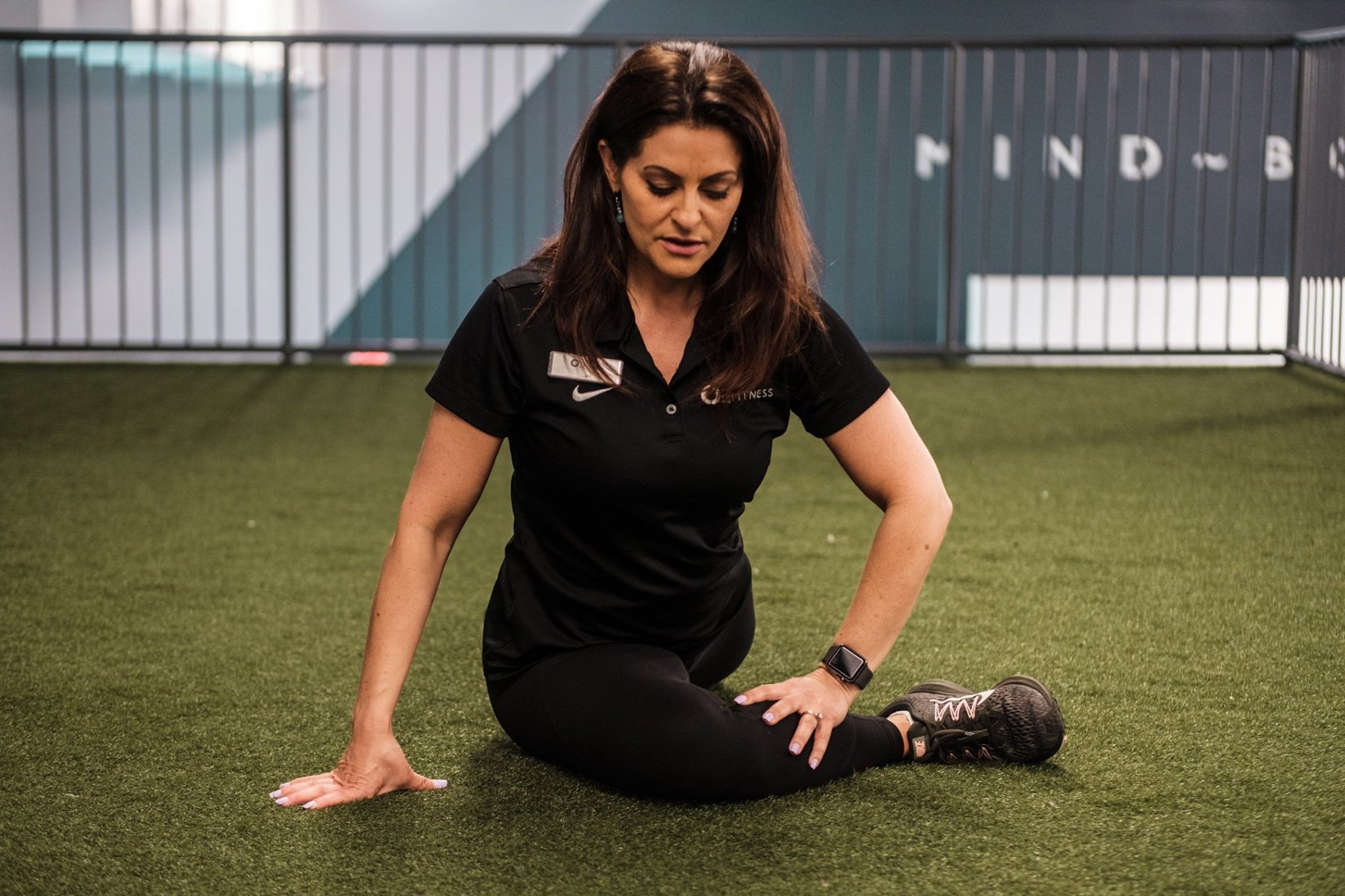
Who is eligible to apply for the IFPA Adapted Physical Education and Sports Conditioning Specialist Certification?
The IFPA Adapted Physical Education and Sports Conditioning Specialist Certification is open to individuals with a passion for fitness and individuals with a background in related fields, such as exercise science, kinesiology, or physical therapy. While there are no strict prerequisites, having prior experience working with individuals with disabilities is highly recommended.
How long does the IFPA Adapted Physical Education and Sports Conditioning Specialist Certification process take?
The certification process length can vary depending on individual circumstances. It typically involves meeting educational and experience requirements, preparing for the certification exam, and successfully passing the exam. The duration from starting the certification process to obtaining the certification can range from a few months to a year or more, depending on the individual’s dedication and availability.
Can I get the IFPA Adapted Physical Education and Sports Conditioning Specialist Certification online?
Yes, the IFPA Adapted Physical Education and Sports Conditioning Specialist Certification can be obtained through online means. The certification exam is typically conducted in a proctored setting to ensure its integrity. Study materials and resources are also available in online formats, allowing individuals to access them from the comfort of their own homes or preferred study environments.
For the IFPA Adapted Physical Education and Sports Conditioning Specialist Certification, let’s address the tailored set of questions:
What is the IFPA Adapted Physical Education and Sports Conditioning Specialist Certification?
The IFPA Adapted Physical Education and Sports Conditioning Specialist Certification is designed for fitness professionals who want to specialize in creating and implementing physical education programs and sports conditioning regimens for individuals with disabilities. This certification covers a broad spectrum of knowledge, including understanding various disabilities, creating inclusive fitness environments, adapting physical activities and sports, and developing personalized conditioning programs that cater to the unique needs of each individual.
Is the IFPA Adapted Physical Education and Sports Conditioning Specialist Certification worth it?
Yes, the IFPA Adapted Physical Education and Sports Conditioning Specialist Certification is highly valuable for professionals dedicated to promoting inclusivity in fitness and sports. This certification empowers trainers to effectively work with a diverse client base, enhancing their ability to make a positive impact on the health and wellness of individuals with disabilities. It can also broaden career opportunities in specialized fitness settings, rehabilitation centers, and adaptive sports programs.
Who should get the IFPA Adapted Physical Education and Sports Conditioning Specialist Certification?
The IFPA Adapted Physical Education and Sports Conditioning Specialist Certification is ideal for:
- Personal trainers seeking to offer specialized services to clients with disabilities.
- Physical education teachers who want to incorporate adaptive sports and activities into their curriculum.
- Coaches and sports trainers aiming to develop inclusive training programs for athletes with disabilities.
- Rehabilitation professionals, such as physical therapists, looking to integrate adaptive physical activity into their treatment plans.
How difficult is the IFPA Adapted Physical Education and Sports Conditioning Specialist exam?
The difficulty of the IFPA Adapted Physical Education and Sports Conditioning Specialist exam can vary based on an individual’s prior knowledge of adaptive physical education and experience working with individuals with disabilities. The exam is designed to assess a comprehensive understanding of adapted physical activity principles, including adaptations for various disabilities, inclusive program design, and safety considerations. Successful candidates typically have a strong foundation in these areas and have thoroughly engaged with the certification materials.
How credible is IFPA?
The IFPA (International Fitness Professionals Association) is recognized as a credible organization in the fitness industry, known for its comprehensive certification programs that adhere to high standards. The Adapted Physical Education and Sports Conditioning Specialist Certification is specifically developed to meet the needs of a growing segment within fitness and sports, ensuring that certified professionals are equipped with the knowledge and skills to provide high-quality, inclusive services.
How many people pass the IFPA Adapted Physical Education and Sports Conditioning Specialist exam on the first try?
Specific pass rate statistics for the IFPA Adapted Physical Education and Sports Conditioning Specialist exam are not publicly disclosed. However, candidates who thoroughly prepare and have a background in working with individuals with disabilities are generally more likely to pass on their first attempt.
What is the pass rate of the IFPA Adapted Physical Education and Sports Conditioning Specialist exam?
The IFPA does not publicly share specific pass rate data for the Adapted Physical Education and Sports Conditioning Specialist exam. Pass rates can vary widely based on the candidates’ backgrounds, preparation levels, and familiarity with adapted physical education and sports conditioning principles.
How does IFPA compare to other organizations for adapted physical education and sports conditioning certification?
When comparing the IFPA to other organizations offering certifications in adapted physical education and sports conditioning, consider factors such as the depth and breadth of the curriculum, specialization options, accreditation, and industry recognition. The IFPA is known for its focus on practical application and inclusivity, making its Adapted Physical Education and Sports Conditioning Specialist Certification a strong choice for professionals committed to this specialized field.
Is the IFPA Adapted Physical Education and Sports Conditioning Specialist test open book?
Typically, the IFPA Adapted Physical Education and Sports Conditioning Specialist exam is not open book. It is designed to evaluate the candidate’s ability to apply their knowledge of adapted physical education and sports conditioning in practical scenarios without external resources, ensuring a high level of competency in certified professionals.
How many times can you fail the IFPA exam?
IFPA allows candidates to retake the Adapted Physical Education and Sports Conditioning Specialist exam if they do not pass on their first attempt. Specific policies regarding retakes, including any associated fees and waiting periods, should be verified directly with IFPA for the most current information.
What can I do with an IFPA Adapted Physical Education and Sports Conditioning Specialist Certification?
With this certification, you can:
- Design and implement adaptive physical education programs in schools and community centers.
- Offer specialized personal training services for individuals with disabilities.
- Develop and lead adaptive sports and conditioning programs for athletes with disabilities.
- Work in collaboration with rehabilitation teams to integrate physical activity into therapeutic plans.
How much does the IFPA Adapted Physical Education and Sports Conditioning Specialist Certification cost?
The cost of the IFPA Adapted Physical Education and Sports Conditioning Specialist Certification may vary based on factors such as study materials, workshops, and exam fees. It’s generally higher than basic certifications due to the specialized nature of the content. Prices may range from $500 to $700, but candidates should check the IFPA’s official website or contact the IFPA directly for the most accurate and up-to-date pricing information.
What are the best personal training certifications?
Identifying the best personal training certifications, especially when considering specialized areas like adapted physical education and sports conditioning, involves evaluating several key factors to ensure the certification aligns with your professional goals and the needs of your target clientele. Here’s a look at some highly regarded certifications (not in order) in the personal training field, including specializations:
- IFPA Adapted Physical Education and Sports Conditioning Specialist Certification: This certification is ideal for trainers focusing on inclusive fitness programs for individuals with disabilities, emphasizing adapted physical activities and sports conditioning.
- NASM Certified Personal Trainer (CPT): Renowned for its Optimum Performance Training (OPT) model, NASM’s certification is well-suited for trainers looking for a comprehensive approach to client assessment and program design.
- ACE Certified Personal Trainer: The American Council on Exercise offers a widely recognized personal trainer certification with a strong emphasis on functional fitness, behavior change, and client-centered approaches.
- NSCA Certified Strength and Conditioning Specialist (CSCS): For those interested in working with athletes or focusing on strength and conditioning, NSCA’s certification is highly respected and focuses on performance enhancement and injury prevention.
- ACSM Certified Personal Trainer: The American College of Sports Medicine’s certification is known for its strong foundation in exercise science and health fitness, making it suitable for trainers working within a wide range of fitness and wellness settings.
- ISSA Certified Personal Trainer: The International Sports Sciences Association offers a certification that includes a holistic approach to fitness, combining traditional personal training with nutrition coaching and online training components.
When choosing the best certification for your career, consider the specific populations you wish to serve, your career aspirations, and the reputation and accreditation of the certifying organization. For those interested in specialized training, such as working with individuals with disabilities, the IFPA Adapted Physical Education and Sports Conditioning Specialist Certification provides targeted expertise that can significantly enhance your ability to offer inclusive and adaptive fitness programs.
Read More: Best Personal Training Certifications
How can I learn how to become a personal trainer?
To become a personal trainer with a specialization in adapted physical education and sports conditioning, start with obtaining a foundational personal training certification. Pursue the IFPA Adapted Physical Education and Sports Conditioning Specialist Certification to gain specialized knowledge. Gain practical experience through internships or volunteering in adaptive sports programs, and engage in continuous learning to stay updated with the latest in the field.
Read More: How to Become a Personal Trainer
How can I start an online personal training business?
Starting an online personal training business with a focus on adapted physical education involves defining your niche, obtaining the necessary certifications, choosing a platform that supports adaptive training needs, creating specialized online content and programs, marketing your services to target audiences, and implementing an efficient payment system.
Read More: How to Start an Online Personal Training Business
How can Exercise.com help me run a successful personal training business?
Exercise.com can help you run a successful online personal training business by providing a comprehensive platform that includes customizable program design, client management tools, communication features, and integrated payment processing. For specialists in adapted physical education and sports conditioning, it offers the flexibility to create and deliver personalized and adaptive training programs, enhancing the training experience for clients with disabilities.
